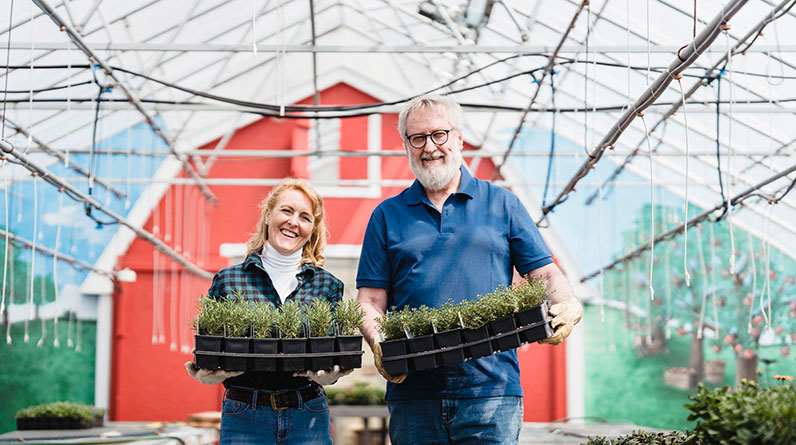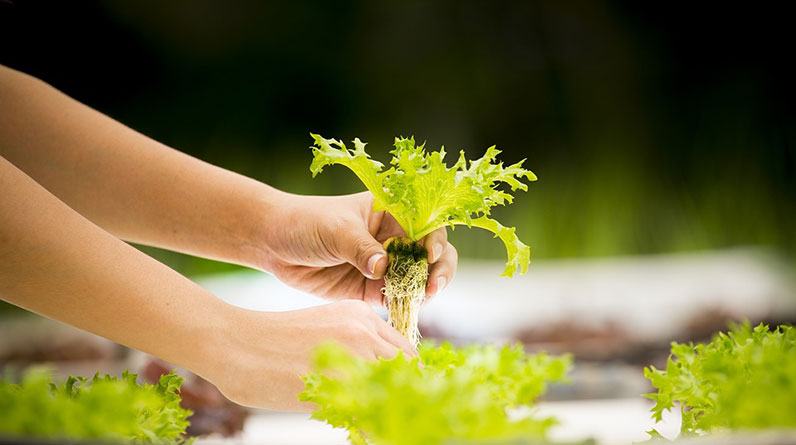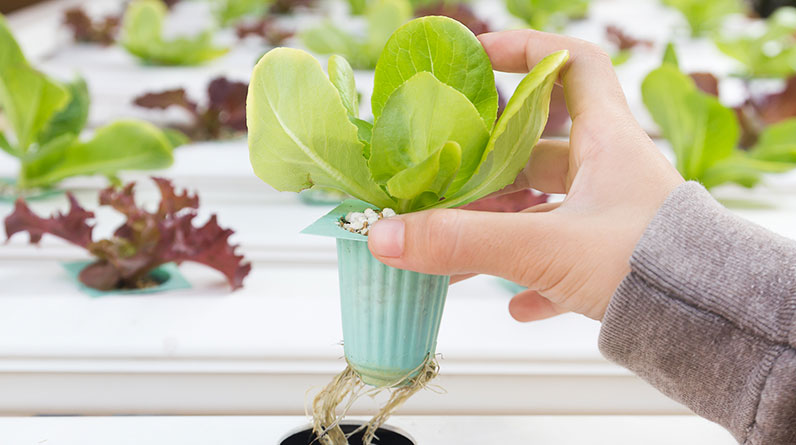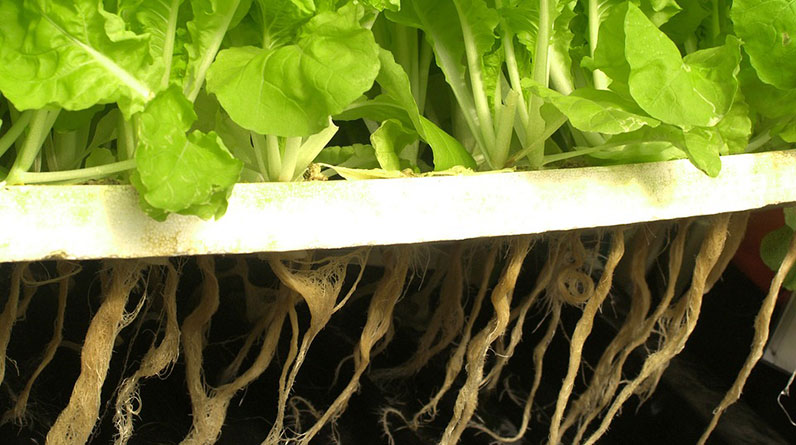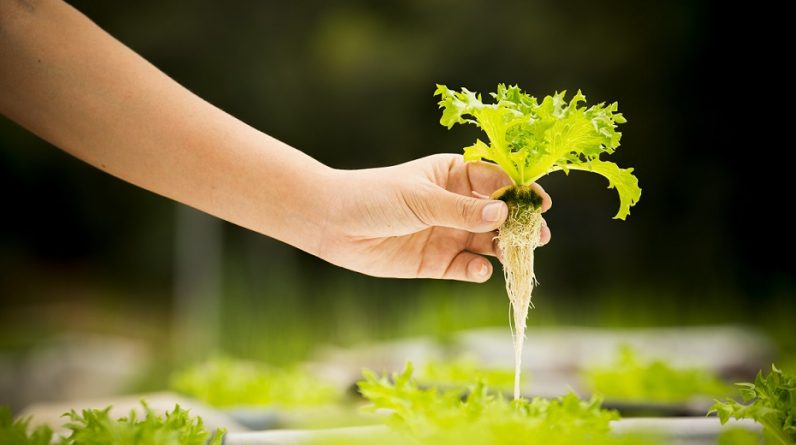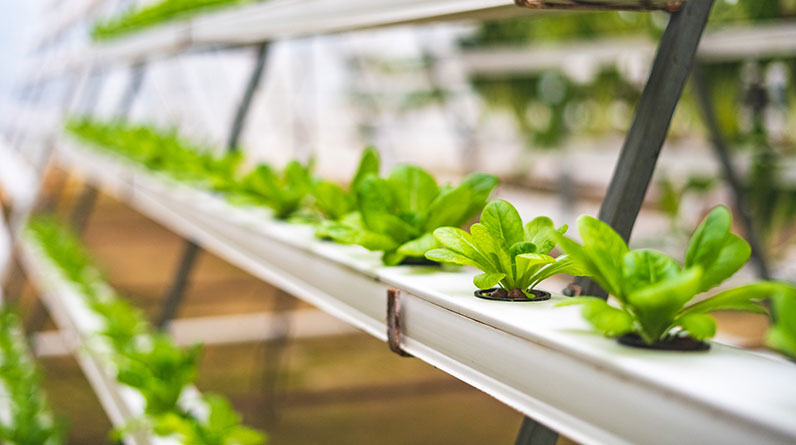
Hydroponic Horticulture: Changing Crop Yields as well as Lasting Food Manufacturing
Despite an expanding worldwide populace and enhancing demands for food, conventional farming methods deal with numerous difficulties. Nonetheless, hydroponic horticulture becomes an encouraging option, providing numerous benefits that can reinvent food manufacturing. As a specialist in agriculture and also farming techniques, this write-up will certainly look into the advantages of hydroponics, highlighting its reliable use resources, year-round cultivation, higher crop quality, and also lowered ecological effect. Via study and also trustworthy study, we will check out the success stories of both small-scale farmers and business hydroponic procedures, ultimately offering functional support for establishing as well as taking care of a hydroponic garden.
1. Effective Use of Resources:
One of the most substantial benefits of hydroponic gardening depends on its effective use sources. Unlike typical farming methods, which rely upon dirt, hydroponic systems cultivate plants in water-based nutrient solutions. This approach permits for exact control over the nutrients plants receive, resulting in ideal growth and also decreased fertilizer waste. Furthermore, hydroponic systems require dramatically much less water compared to soil-based farming, saving this precious resource and also minimizing water pollution. Study: The Growing Power Urban Ranch in Milwaukee, Wisconsin, utilizes hydroponics to produce a vast amount of basil, lettuce, and also other crops utilizing just 10% of the water needed for standard soil-based farming.
2. Year-Round Growing:
Hydroponic horticulture enables year-round cultivation, eliminating the reliance on seasonal variants and also geographical limitations. By managing vital aspects such as light, temperature level, and nutrients, farmers can simulate ideal expanding conditions no matter the outdoors environment. Subsequently, hydroponics permits for continual plant production, making certain a consistent food supply throughout the year. Case Research: Gotham Greens, an industrial hydroponic procedure based in New york city City, produces leafy eco-friendlies as well as herbs year-round within their metropolitan greenhouses. By using hydroponic systems, they supply neighborhood markets with fresh, pesticide-free fruit and vegetables despite the exterior weather condition conditions.
3. Greater Crop High Quality:
Hydroponic horticulture promotes greater plant quality due to the accurate control over growing problems. With maximized nutrient options as well as ecological parameters, plants obtain a suitable balance of nutrients, resulting in faster development, improved taste, as well as increased dietary worth. Furthermore, hydroponics dramatically minimizes the danger of soil-borne diseases and also parasite problems, which can damage plant high quality as well as return. Study: A hydroponic tomato farm in the Netherlands, called Greenhouse Cultivation, generates tomatoes with boosted tastes as well as a longer rack life compared to traditionally grown varieties. The regulated setting supplied by hydroponics adds to these remarkable top qualities.
4. Minimized Ecological Effect:
Conventional farming methods often add to dirt disintegration, water contamination, and extreme use pesticides as well as fertilizers. In comparison, hydroponic horticulture lessens these ecological impacts. Considering that hydroponics gets rid of the requirement for dirt, it considerably decreases the risk of soil destruction. In addition, hydroponic systems can be developed to recycle and also reuse water, minimizing water consumption and lowering pollution. Furthermore, the controlled settings of hydroponic systems decrease the requirement for chemicals as well as herbicides, supplying a more secure as well as extra sustainable food manufacturing technique. Instance Study: The Nebraska Hydroponic Facility has actually successfully implemented a closed-loop hydroponic system, recycling as well as recycling water continuously. This approach dramatically minimizes water usage and also runoff, promoting a much more environmentally pleasant method to food production. Establishing as well as Taking Care Of a Hydroponic Garden:
For small farmers as well as house garden enthusiasts interested in hydroponics, here are some practical tips as well as step-by-step advice:
1. Select the appropriate hydroponic system based upon offered area and desired crops.
2. Research study and pick the right nutrient remedy for certain crop needs.
3. Control ecological elements such as light, temperature, and humidity.
4. Consistently display and also change nutrient degrees to guarantee ideal plant growth.
5. Implement correct sanitation methods to avoid conditions in the lack of soil.
6. Think about incorporating automation systems for effective administration and also tracking.
Conclusion:
Hydroponic horticulture provides a sensible remedy for increasing crop yields and enhancing sustainable food manufacturing techniques. By giving reliable resource use, year-round farming, higher plant top quality, as well as reduced environmental effect, hydroponics has the potential to revolutionize typical farming approaches. Via the successful tales of small-scale farmers and commercial hydroponic operations, along with qualified data and also research study, it appears that hydroponic systems provide many advantages. With sensible advice for establishing and also handling a hydroponic yard, readers are encouraged to discover this cutting-edge approach for sustainable food manufacturing. By taking on hydroponics, we can produce a much healthier as well as extra abundant future for generations to find.


